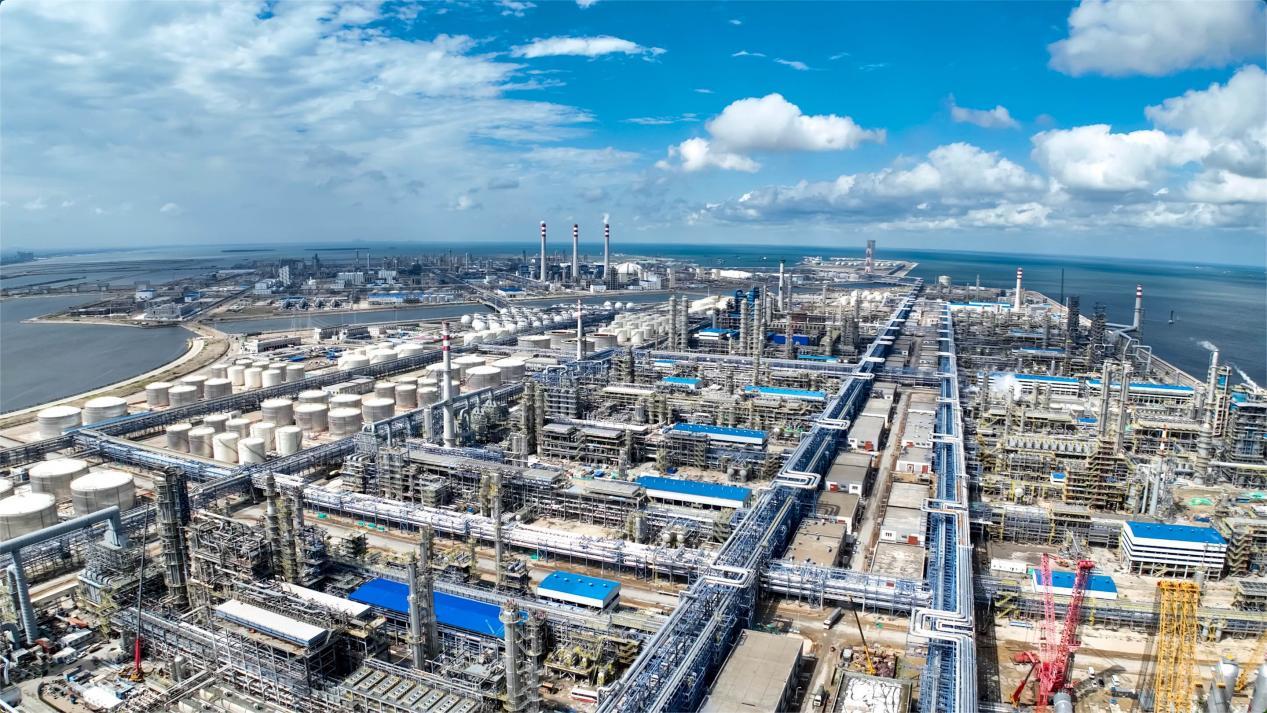China’s newest refinery nearly doubled its Russian crude imports to a record 370,000–405,000 barrels per day in November—not despite Western sanctions, but because of how badly they misaligned.
When Britain and the EU blacklisted Shandong Yulong Petrochemical on 16 October over its Russian oil purchases, Washington didn’t follow suit. Instead, the US sanctioned Russian producers Lukoil and Rosneft in its October package.

Trump finally acts after months of hesitation — Russia’s Rosneft and Lukoil now sanctioned
The mismatch opened a window: while Yulong faced European restrictions, it could still source from Russian sellers under different sanctions regimes, exploiting gaps in coordination.
The refinery moved fast. According to Reuters, after Middle Eastern and Canadian suppliers cancelled shipments following the UK designation, Yulong replaced them with Russian crude. The plant—backed by Shandong’s provincial government and valued at over $20 billion—is running above 90% capacity.
Record imports fuel Kremlin’s war chest
That surge translates to roughly 12 million barrels per month flowing to Russia at current purchase rates, revenue heading straight into Moscow’s war budget.
Russian oil and gas still account for about a third of the Kremlin’s income.
The October sanctions were supposed to close gaps. Yet, Western allies targeted different parts of the supply chain at different times, creating legal grey zones that allowed oil to flow through new intermediaries.
Provincial player steps in where state giants won’t
China’s state importers like Sinopec’s subsidiary Unipec paused Russian trades after Washington’s designations, wary of secondary sanctions. Private and provincial refiners saw opportunity instead, and Yulong took over several East Siberian oil shipments originally earmarked for Unipec.
For Ukraine, the pattern is familiar: misaligned sanctions mean continued revenue for Russia’s military.
Yulong’s record November purchases—potentially extending into the coming months, sources say—show how coordination failures don’t reduce oil flows; they shift trade eastward. As long as Western allies sanction different links in the same supply chain without coordination and at different times, Moscow can count on someone to keep the barrels rolling.

